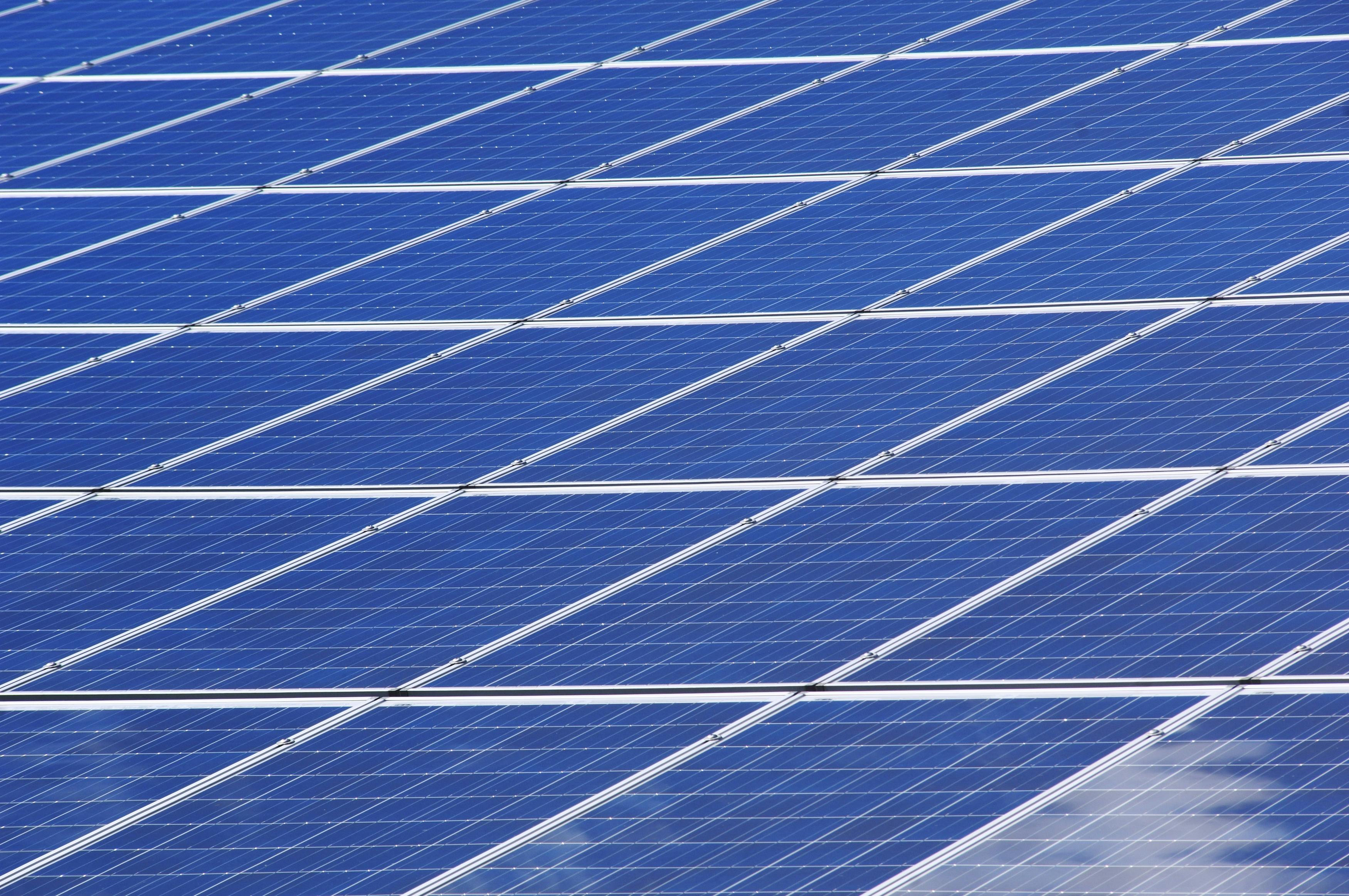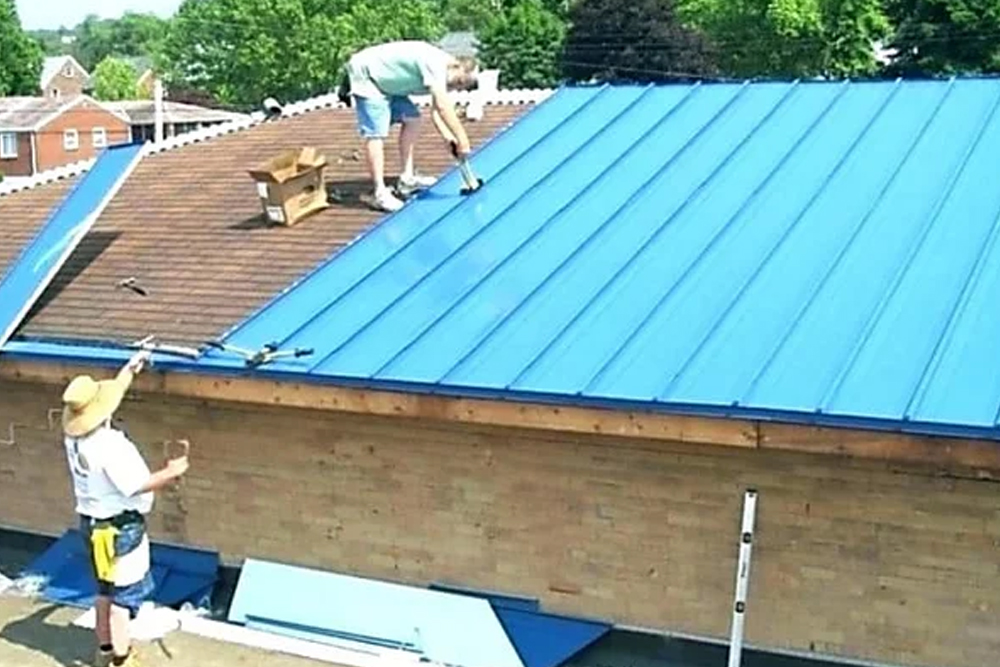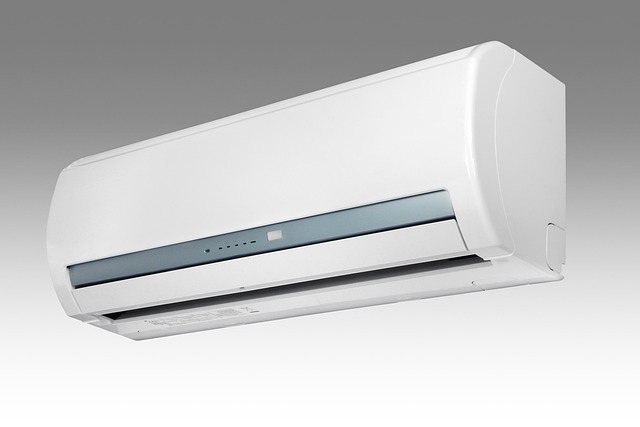Find more Solar Panels
Exploring solar panel options can be overwhelming with so many choices available. Whether you're looking to reduce your carbon footprint or save on energy bills, understanding the different types, installation processes, and finding the right solar energy installer for your home is essential for making an informed decision.

Solar panels have become increasingly popular as homeowners seek sustainable energy solutions that reduce both environmental impact and utility costs. With advancing technology and decreasing prices, solar energy systems are more accessible than ever before. This article explores everything you need to know about finding the right solar panels for your needs.
Understanding Different Types of Solar Panels
Solar panels come in several varieties, each with unique advantages. Monocrystalline panels offer the highest efficiency rates (15-22%) and take up less space, but come at a premium price. Polycrystalline panels provide a more affordable option with slightly lower efficiency (13-16%). Thin-film panels are the least efficient but offer flexibility in installation locations and aesthetics. When selecting solar panels for home use, consider your energy needs, available space, and budget constraints to determine which type best suits your requirements.
Key Factors When Choosing Solar Panels for Your Home
When evaluating solar panels for your residence, several factors deserve consideration. First, assess your home’s energy consumption to determine the system size you’ll need. Next, examine your roof’s condition, orientation, and shading—south-facing roofs with minimal shade typically yield optimal results. Climate considerations also matter; some panels perform better in extreme temperatures. Finally, review warranty terms, which typically range from 10-25 years for product defects and 25-30 years for power production guarantees, providing long-term investment protection.
The Solar Panel Installation Process Explained
The installation process begins with a professional site assessment where a solar energy installer evaluates your property’s solar potential. After designing a custom system, the installation company handles permitting requirements with local authorities. The physical installation typically takes 1-3 days, depending on system size and complexity. Professional installers mount racking systems, secure panels, connect wiring, and install inverters to convert DC electricity to usable AC power. After installation, your system requires inspection and utility approval before being activated and connected to the grid.
How to Evaluate Solar Energy Installers
Finding a reputable solar panel installation company requires careful research. Start by verifying licensing, insurance, and certification credentials—look for NABCEP (North American Board of Certified Energy Practitioners) certification, which indicates specialized training. Review the installer’s track record through customer testimonials and completed projects in your area. Compare quotes from multiple companies to ensure competitive pricing, but don’t automatically choose the lowest bid. Ask detailed questions about equipment brands, warranties, and post-installation support to gauge expertise and customer service quality.
Financial Considerations and Incentives
The economics of solar have improved dramatically in recent years. The average residential solar system (6-10kW) typically costs between $15,000-$25,000 before incentives. However, federal tax credits currently allow homeowners to deduct 30% of installation costs from their taxes. Many states offer additional rebates, performance-based incentives, and property tax exemptions. Financing options include solar loans, leases, and power purchase agreements (PPAs), each with different ownership structures and payment terms.
| Solar Provider | System Cost (6kW system) | Key Features | Warranty |
|---|---|---|---|
| SunPower | $18,000-$22,000 | High-efficiency panels, integrated system | 25-year comprehensive |
| Tesla Solar | $15,000-$19,000 | Sleek design, Powerwall integration | 25-year panel warranty |
| Sunrun | $16,000-$20,000 | Leasing options, nationwide coverage | 25-year power production |
| LG Solar | $17,000-$21,000 | Premium efficiency, strong brand reputation | 25-year performance |
| Canadian Solar | $14,000-$17,000 | Cost-effective, solid performance | 25-year performance |
Prices, rates, or cost estimates mentioned in this article are based on the latest available information but may change over time. Independent research is advised before making financial decisions.
Maximizing Solar Panel Performance and Efficiency
To get the most from your solar investment, regular maintenance is essential. While solar panels generally require minimal upkeep, periodic cleaning to remove dust and debris can improve efficiency by 5-7%. In snowy regions, clearing accumulated snow prevents output reduction. Monitoring systems help track performance, alerting you to potential issues before they affect energy production. Consider technological additions like microinverters or power optimizers that can increase system efficiency by minimizing the impact of partial shading. Some homeowners also pair solar panels with battery storage systems to maximize self-consumption and provide backup power during outages.
The decision to invest in solar energy represents a significant commitment to sustainability and long-term energy savings. By thoroughly researching panel types, installation companies, and financing options, homeowners can find solar solutions that meet their specific needs and circumstances. As technology continues to advance and costs decrease, solar energy remains a promising option for those looking to reduce their environmental impact while potentially saving money on electricity bills over the system’s lifetime.




